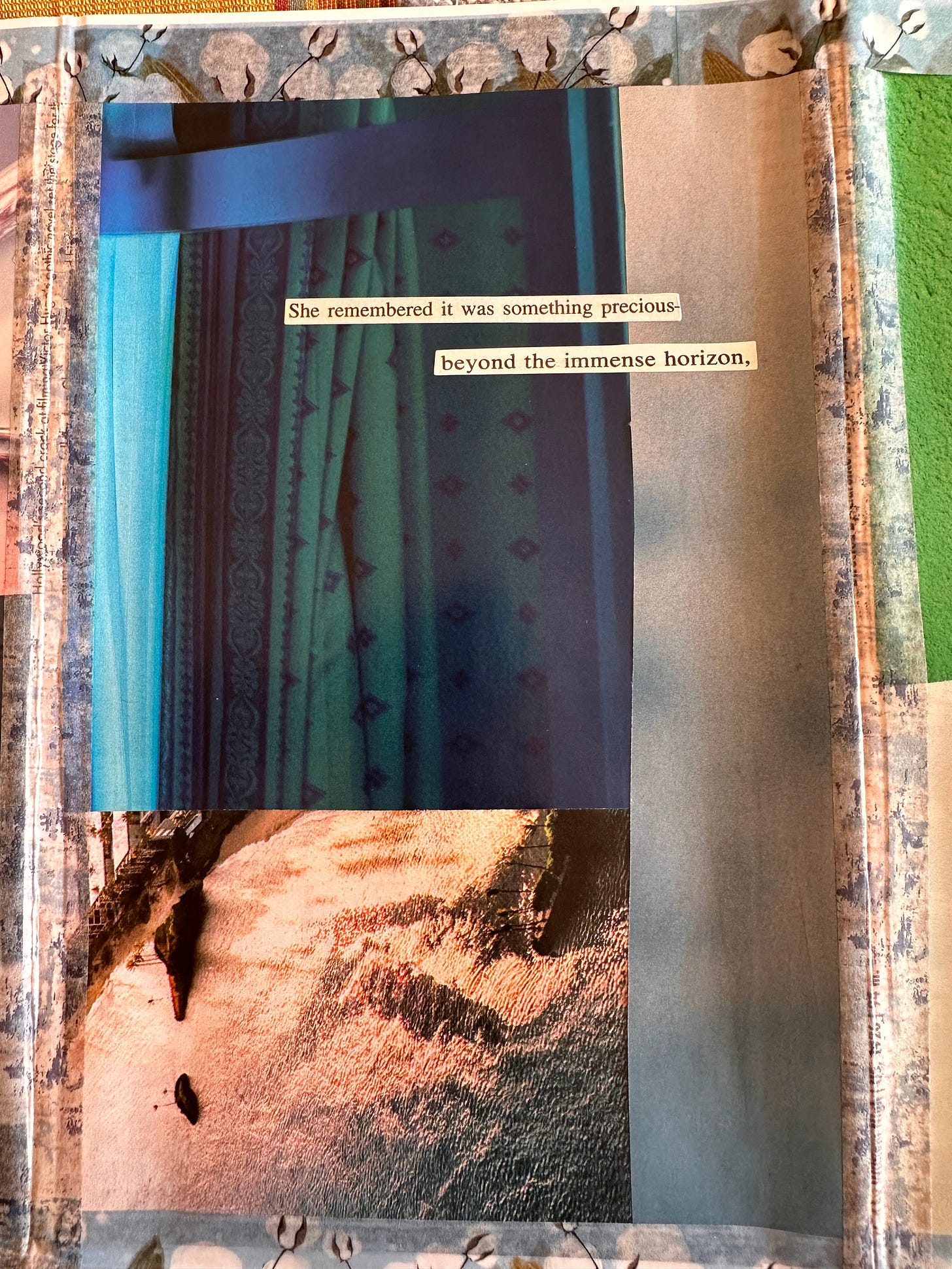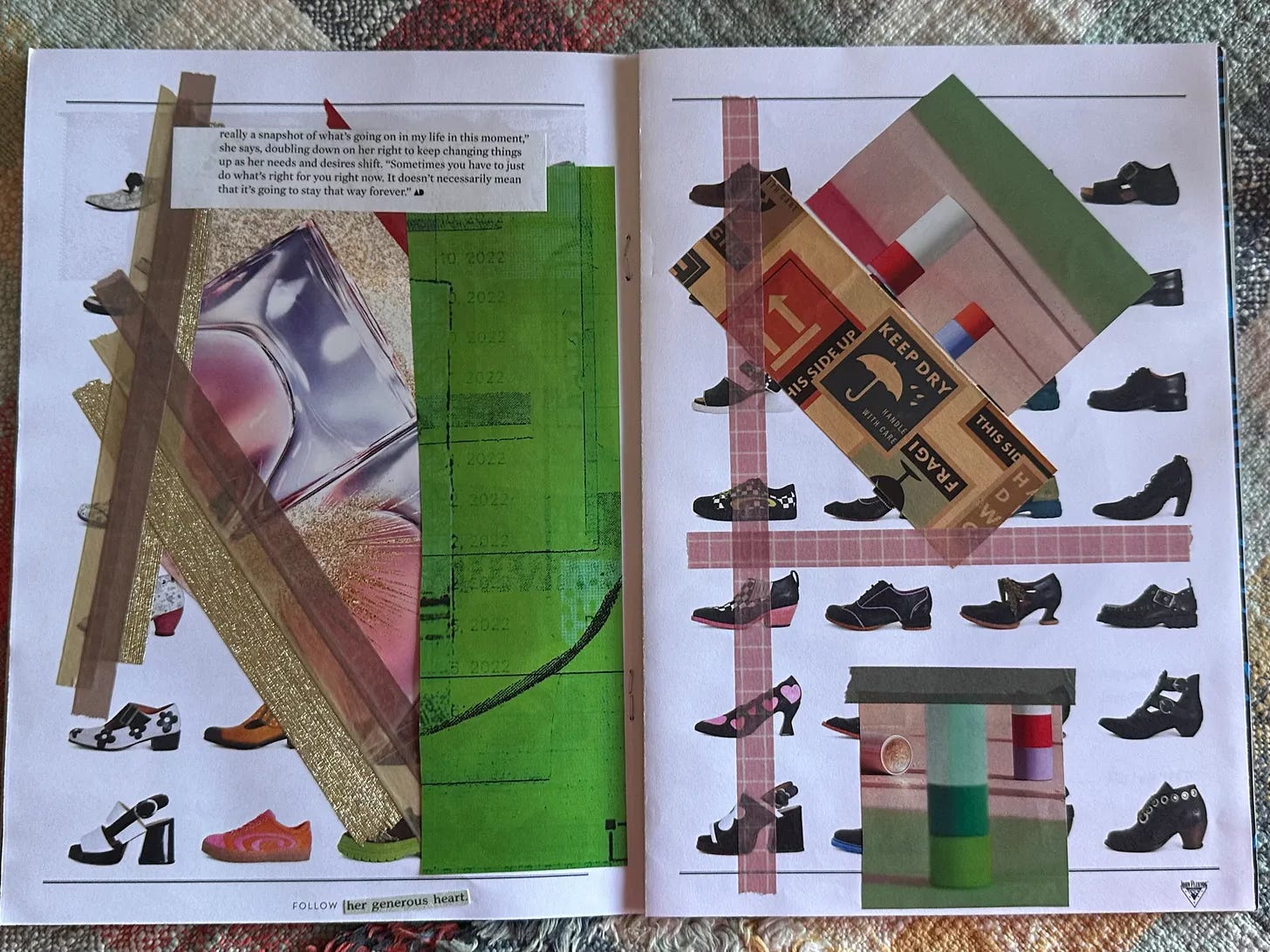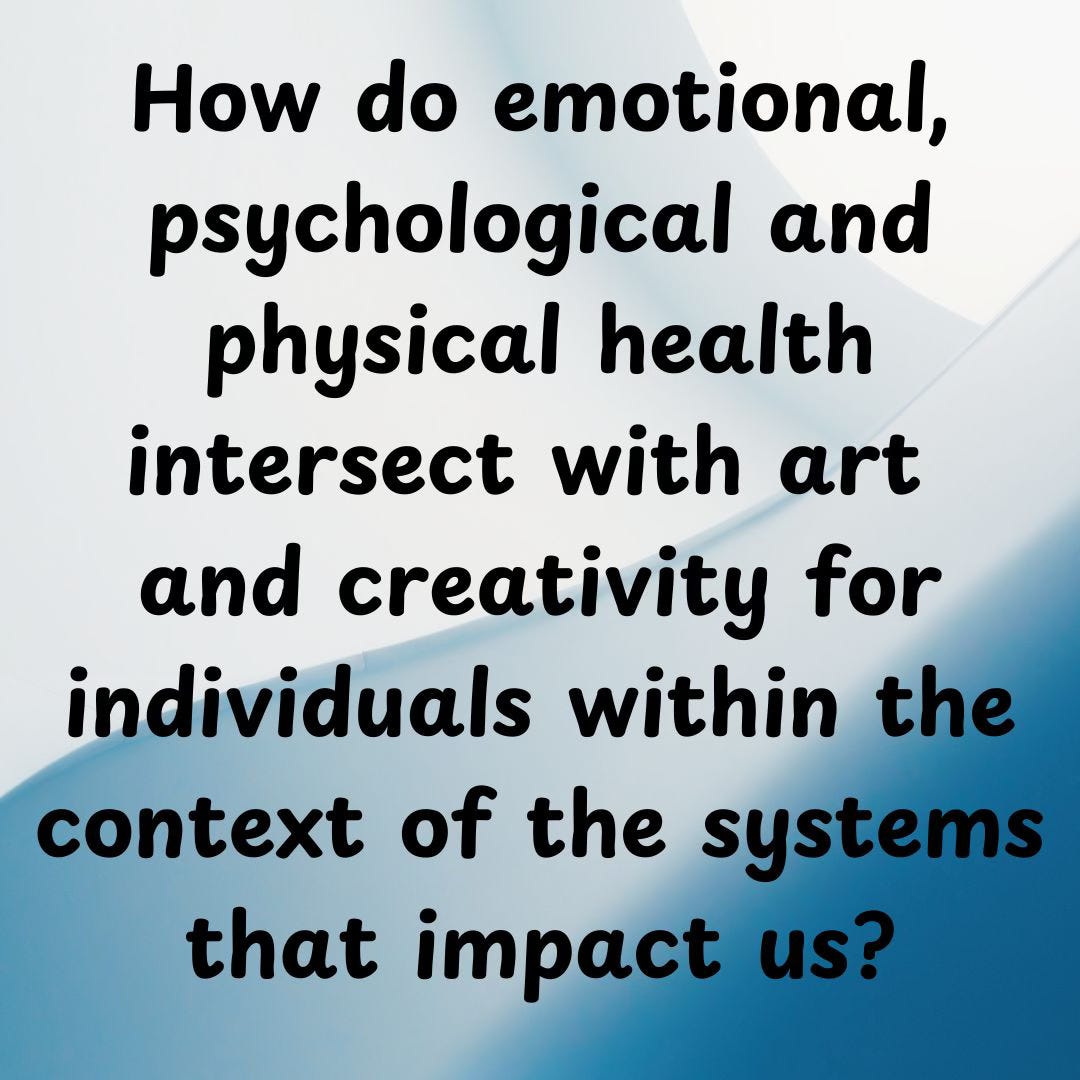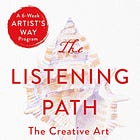Exploring: "What Does Health Really Mean Anyway?" (Or what do I mean by it)
What is mental health, psychological health, emotional health, physical health? Is there soul health? Whattypes of systemic health are there that may interact with an individual's creativity?
Each month, I focus on the exploration of one specific aspect of what I study here at Create Me Free, the broad topic of which is where art meets psychology. How do these things intersect? How do mental health symptoms impact creativity? How does making art settle or trigger health symptoms?
I’ve explored these questions broadly for the past several years. This year, I’m drilling down a little more on each focused area, such as the impact of mental health symptoms on creative content or on artistic identity. But before we can get there, let’s take a step back and ask:
“What does health even mean?”
Or, more specifically, what do I mean by health when I’m sharing my own lived experience, interviewing other people about their experiences, researching the topic. What am I trying to pin down and articulate about health?

I often say “mental health” when what I really mean is less a symptomatic diagnosis (although sometimes that) and more something like: “the ways in which the challenges of life are affecting our thoughts and experiences.”
Is mental health the right phrase for this? Do I mean psychological health? Do I mean emotional health? In what ways are mental, psychological and emotional health the same thing … in what ways do they differ?
The technical answer, as I understand it, is that psychological health is about the health of the thoughts and emotional health is about the health of the feelings and mental health is supposed to encompass both. But the term “mental health” is laden with so many connotations and assumptions that I don’t really like using it any more. It’s why I switched back to saying “where art meets psychology” instead of “where art meets mental health” even though it’s about so much more than psychology.
And then I also regularly mean something associated with physical health. We separate these things in Western society but the mind-body isn’t really separate in this way. The body’s health or lack thereof affects the mind and vice versa. In my experience, depression causes fatigue in the body; fatigue from illness causes depression. These things are inextricable. So does it make sense to specify mental or physical health at all?
And if we’re talking about the mind-body then we should probably also acknowledge the mind-body-spirit. What is spiritual health?
What is the health of the soul? I don’t know that I have any kind of answer for myself about that but I get chills on my arms when I think about the relationship between creativity and soul health.
Talking broadly, I could say “wellbeing” instead of health. My “word of the year” last year was “wellness.” I think using the term wellbeing would be an efficient shorthand for people to quickly grasp what I mean. But it’s not right, it’s not enough, it too has the layers of connotations that make it graspable but also soo simplified. Mind-body-spirit health might work, I suppose.
And while the mind-body-spirit could be considered one thing inside of a human, the human is also one thing inside of many systems. Family health, the health of work-life balance, socio-cultural health, political health … When we explore how health and creativity intersect, we can’t exactly pretend that these things do not exist. We can’t really understand our own experience of art, ability to create art, the art we have access to unless we acknowledge and try to understand these aspects of systemic health.
So, where do I begin to drill down into this? For me, in regards to the relationship between art and health, the key might be in parsing out the ways in which emotional, psychological and physical health overlap and differentiate from one another while taking into consideration the truth that systemic health also affects this.
Put another way, the question I’m exploring is:
How do emotional, psychological and physical health intersect with art and creativity for individuals within the context of the systems that impact us?
Is that too heady?
Maybe. But it is the best way I can articulate right now what I’m working to research and explore and study and explain and examine. I have been studying some aspect of this for well over a decade … but as I change, as I move up the spiral of my own life’s experience, I see things from a slightly different vantage point, I understand them differently.
I have developed these ideas after decades of lived experience, interview-based insights, and deep research into the complex relationship between art and health. They are based on my unique 6-part framework.
If you are interested in assistance in applying these ideas to your own life:

A related tangent, excerpted from a book I’m working on …
I have witnessed myself tell the same story from very different perspectives, sometimes only in the telling of it to myself. There’s that quote about how writers write to live life twice* but really we live it so many, many more times.
A story has run through my mind a million or so times before it ever turns up on a page somewhere. It’s been told a thousand times across tables with late night glasses of wine before I write it down into some form that gets solidified and becomes a tangible version of the truth.
But I know that if I come back to this story again in one year, ten years, twenty, that I will probably tell it differently. As someone who over-examines my own life and over-analyzes my own mind, I regularly shift the lens with which I view my experiences.
Optimistically, I call this personal growth. I imagine that I’m seeing a bigger and bigger part of the picture of my own self.
I used to say that I wrote to understand myself, to understand what I was thinking. Is this true? Do I write to understand myself?
I write to be able to express myself. I write to be able to convey a version of self-understanding that I hope will connect with what someone else needs to see in themselves at some point in the future when they read the words. I write to connect. I do sometimes come away from writing with a better understanding of what I think about a particular thing in that moment in time. I accept that writing about it again later, it will probably change.
(* There are multiple quotes. I was thinking of Natalie Goldberg’s but probably prefer Anais Nin’s.)
You Might Also Like to Read:
If you read this far, perhaps you liked the work. The work does take work. Support it if you can:






I forgot to add I just listened to “the psychology of meaning”, episode 352 of the podcast “This jungian life”. Lots of food for thought as James Hollis speaks about the meaning, purpose and the soul.
The spiral is such a great visual Kathryn, perhaps a nod to Wilbur? I like this idea of how we repeat the same patterns again and again, circling back, but with the spiral, we come at them as you say from slightly different perspective. Its an important distinction for me personally when I feel like I'm on the same track year after year, not getting much further. But in fact I am integrating something new on each turn of the circle.